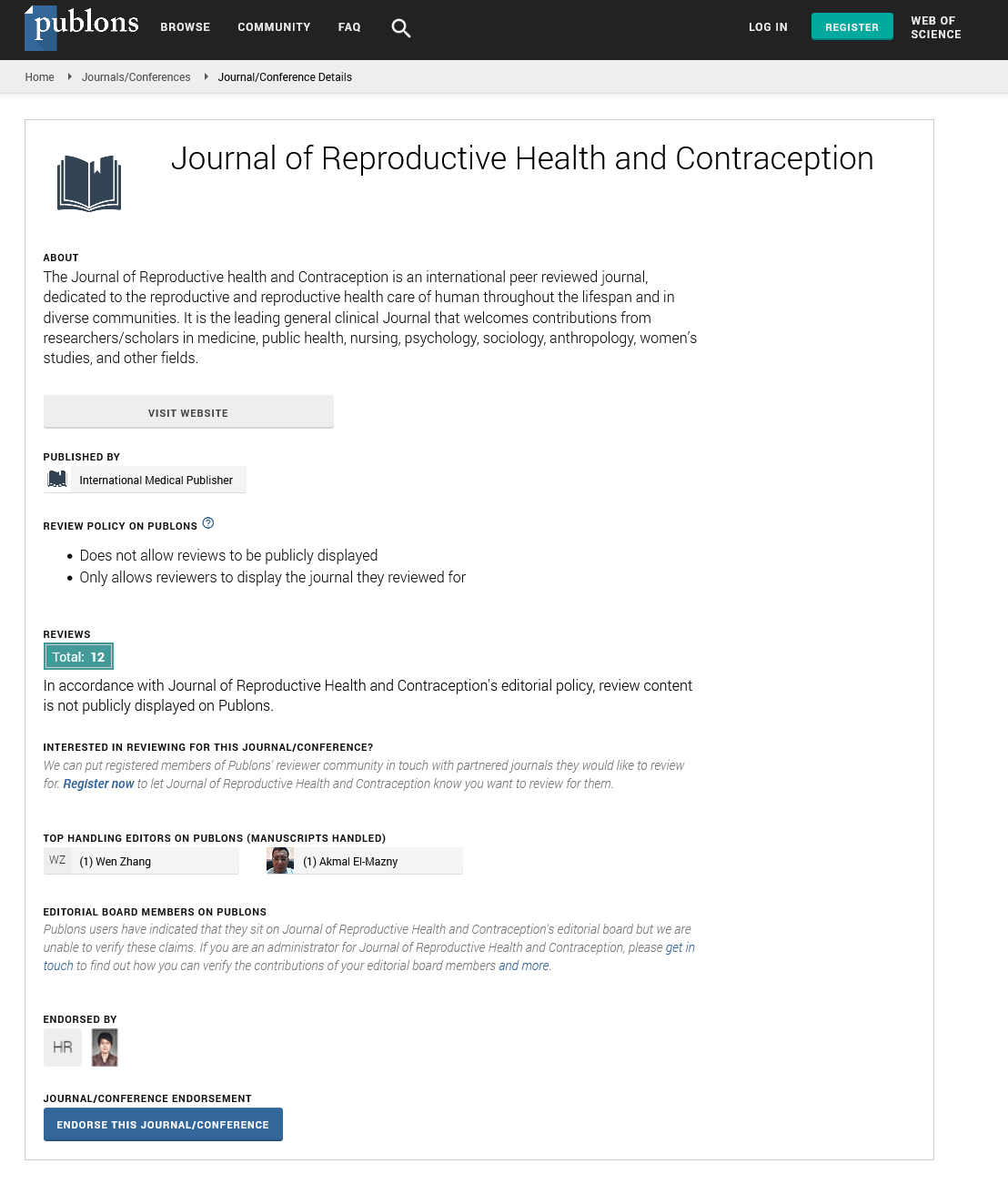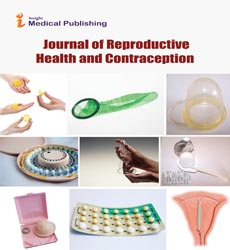Abstract
The Consequences of In vitro Fertilization Treatment
Infertility as a disease of the reproductive system is the inability to become pregnant after 12 months of intercourse without contraception using no birth control methods. In vitro Fertilization (IVF) as a form of Assisted Reproductive Technology (ART) and the most effective intervention is used to treat infertility issues with the joining of a woman's egg and a man's sperm outside the body, in a laboratory. There are several steps including hormonal stimulation, egg retrieval, insemination, fertilization, embryo culture, and embryo transfer to the woman's body. If the chance of fertilization is low, in Intra Cytoplasmic Sperm Injection (ICSI) procedure the sperm is directly injected into the cytoplasm of an egg. IVF as a breakthrough in the treatment of infertility provides the best opportunity of having a child using their own eggs. IVF can be more successful than other forms of ART such as Intrauterine Insemination (IUI) method. Although the procedure of IVF has many advantages for a couple who would be unable to have a baby, it has some disadvantages. The review aims to update the potential impact and risks at different times in the IVF process.
https://betsatgirisi.com https://bettilte.com https://vegabete.com https://kanyongiris.com https://matgiris.com https://celtabetegiris.com https://hilbetegiris.com https://melbete.com https://kinbettinge.com https://wipbett.com https://pusulabetegiris.com https://superbahiss.com https://lidyagiris.com https://holiganbete.com https://1xbetgiriss.com https://asyabahise.com https://jetbahise.com https://betdoksana.com https://betebetle.com https://betgramagiris.com
Author(s):
Abstract | Full-Text | PDF
Share this

Google scholar citation report
Citations : 201
Journal of Reproductive Health and Contraception received 201 citations as per google scholar report
Journal of Reproductive Health and Contraception peer review process verified at publons
Abstracted/Indexed in
- Google Scholar
- China National Knowledge Infrastructure (CNKI)
- WorldCat
- Publons
Open Access Journals
- Aquaculture & Veterinary Science
- Chemistry & Chemical Sciences
- Clinical Sciences
- Engineering
- General Science
- Genetics & Molecular Biology
- Health Care & Nursing
- Immunology & Microbiology
- Materials Science
- Mathematics & Physics
- Medical Sciences
- Neurology & Psychiatry
- Oncology & Cancer Science
- Pharmaceutical Sciences


